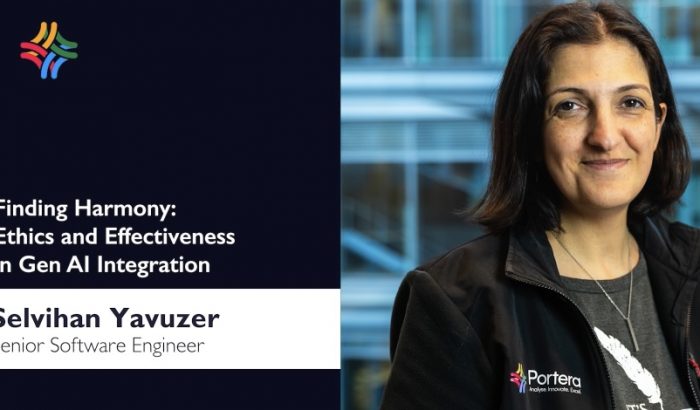By shifting from cloud-first to data-first, business leaders start by assessing how their organization generates, captures, uses and protects data. They can then choose the data management solutions and data storage locations that fit their unique needs. With an optimal data storage and management solution in place, organizations are free to focus on deriving value from their data, no matter where the data is stored.
Discuss ViewEdition 18 Update
Week 18
Read
In PwC’s 27th Annual Global CEO Survey, published earlier this year, 70% of CEOs said they expected GenAI to significantly change the way their company creates, delivers, and captures value in the next three years. More than two-thirds of the surveyed CEOs who had already implemented some form of GenAI in their organization reported having changed their broader technology strategies as a result.
Discuss ViewImagine this: it’s 2030, and the role of the CEO, as we know it today, has evolved into something far different. The rapid pace of technological advances, coupled with an increasingly volatile global economy, has rendered the traditional CEO model obsolete. In its place, a new paradigm has emerged: the chief ecosystem orchestrator. This transformation isn’t just a change in title; it signifies a profound shift.
Discuss ViewFinding Harmony: Ethics and Effectiveness in GenAI With Selvihan Yavuzer – Portera
In this video, Selvihan delves into the intersection of ethics and effectiveness in the realm of Generative Artificial Intelligence (GenAI). As organizations increasingly leverage AI technologies to drive innovation and efficiency, questions surrounding ethical considerations and responsible use of AI have come to the forefront. Selvihan shares her expertise and insights on navigating this delicate balance, emphasizing the importance of ethical decision-making and its impact on overall effectiveness.
Discuss View"*" indicates required fields
Watch
"*" indicates required fields
Listen
"*" indicates required fields
We only need your email address to reach out to you.
"*" indicates required fields
Please enter your details and a team member will reach out to you.
"*" indicates required fields






